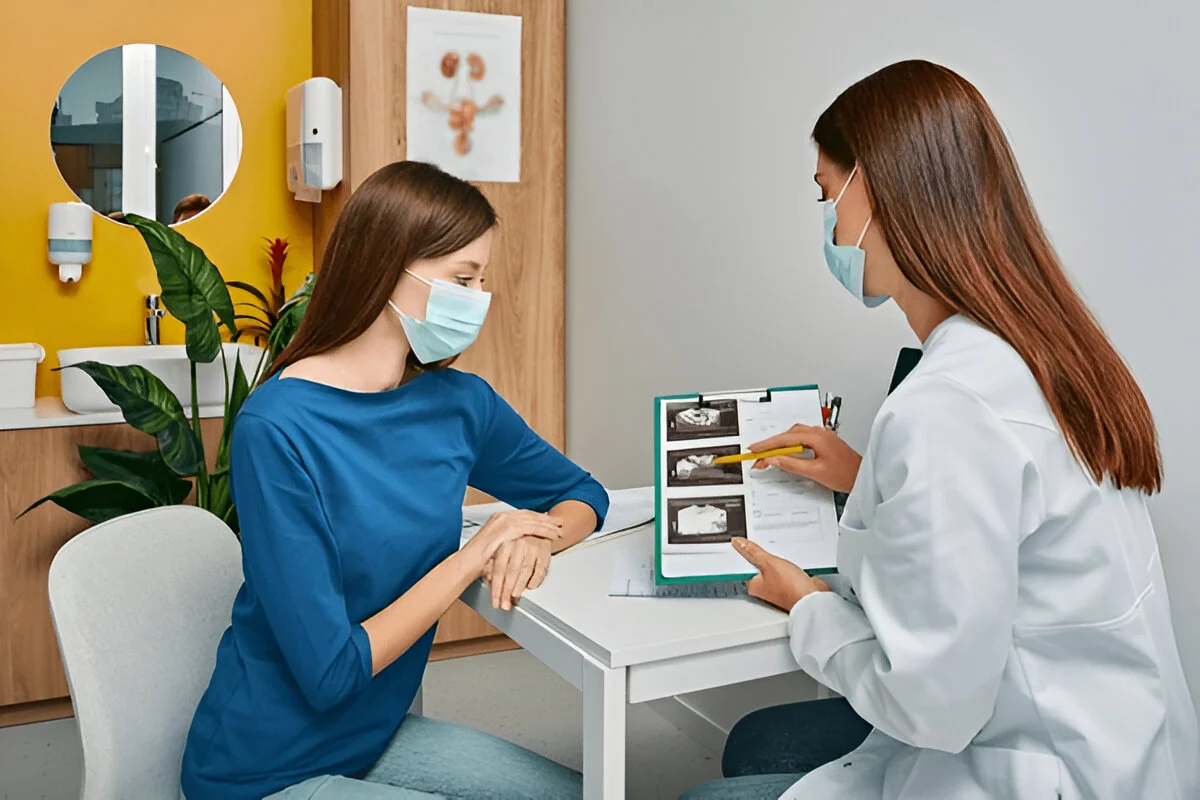-
Ganesh Talkies, Kolkata
Ganesh Talkies, Kolkata

Annual gynecological checkups are crucial for every woman’s health. Learn why these visits and guidance from a reputed gynecologist matter today.
Women’s health often takes a backseat in the hustle of daily life. Many delay routine checkups, assuming that unless there’s a pressing issue, there’s no need to visit a gynecologist. Yet, preventive care plays a vital role in detecting silent health concerns and safeguarding long-term wellness.
An Annual Gynecological Checkup isn’t just about reproductive health—it’s about supporting a woman’s overall physical, hormonal, and emotional well-being. This guide explores why these yearly visits are essential, what they involve, and how expert guidance from a gynecologist can make all the difference in early detection and preventive care.

Healthcare isn’t just about addressing illness; it’s about preventing it. In women, several conditions—like cervical cancer, PCOS, or osteoporosis—develop silently over years before showing obvious symptoms. Regular gynecological visits allow:
An Annual Gynecological Checkup is a comprehensive evaluation designed to ensure every aspect of a woman’s health is functioning as it should. Here’s what it typically includes:
Each component helps build a clearer picture of overall health and empowers women to take proactive steps.

Many serious health issues in women, such as cervical or ovarian cancer, often develop without noticeable symptoms in the early stages. Regular screenings during an Annual Gynecological Checkup can detect such conditions when they’re easiest to treat.
For example:
The earlier a condition is detected, the more treatment options are available—and the better the prognosis.
Early Detection of Diseases
Routine tests and physical exams identify health concerns before they escalate.
Personalized Health Advice
From nutrition tips to emotional wellness support, gynecologists provide care aligned with each life stage.
Peace of Mind
Knowing your health is on track reduces stress and fosters confidence.
Guidance Through Life Stages
Many women wonder when to begin these yearly checkups. Experts recommend:
Even if you’re not sexually active or experiencing symptoms, these visits are still vital.

Q1: Are yearly gynecological checkups necessary if I feel healthy?
Yes. Many conditions like cervical cancer or fibroids can develop silently. Early detection is key.
Q2: At what age should I get my first Pap smear?
It is generally recommended to begin Pap smears at age 21 and repeat every 3 years unless advised otherwise by your doctor.
Q3: How can I prepare for an annual gynecological visit?
Maintain a menstrual diary, note any health changes, and avoid scheduling during your period for clearer test results.
Q4: Are these checkups only for reproductive health?
No. They cover holistic aspects of women’s health, including breast health, hormonal balance, and emotional well-being.
Q5: Can I skip a year if I had no problems last time?
It’s best not to skip. Even one missed year could delay detecting a developing condition.
Your health is your most valuable asset. An Annual Gynecological Checkup is not just a routine—it’s a commitment to safeguarding your future. These visits empower you with knowledge, catch potential issues early, and ensure you remain in control of your wellness at every stage of life.
By consulting an experienced professional like Dr. Megha Khanna, you can be assured of comprehensive care tailored to your needs. Don’t wait for symptoms to arise—make preventive care a priority and give yourself the gift of lasting health.